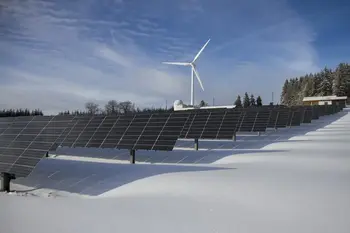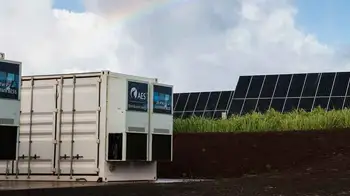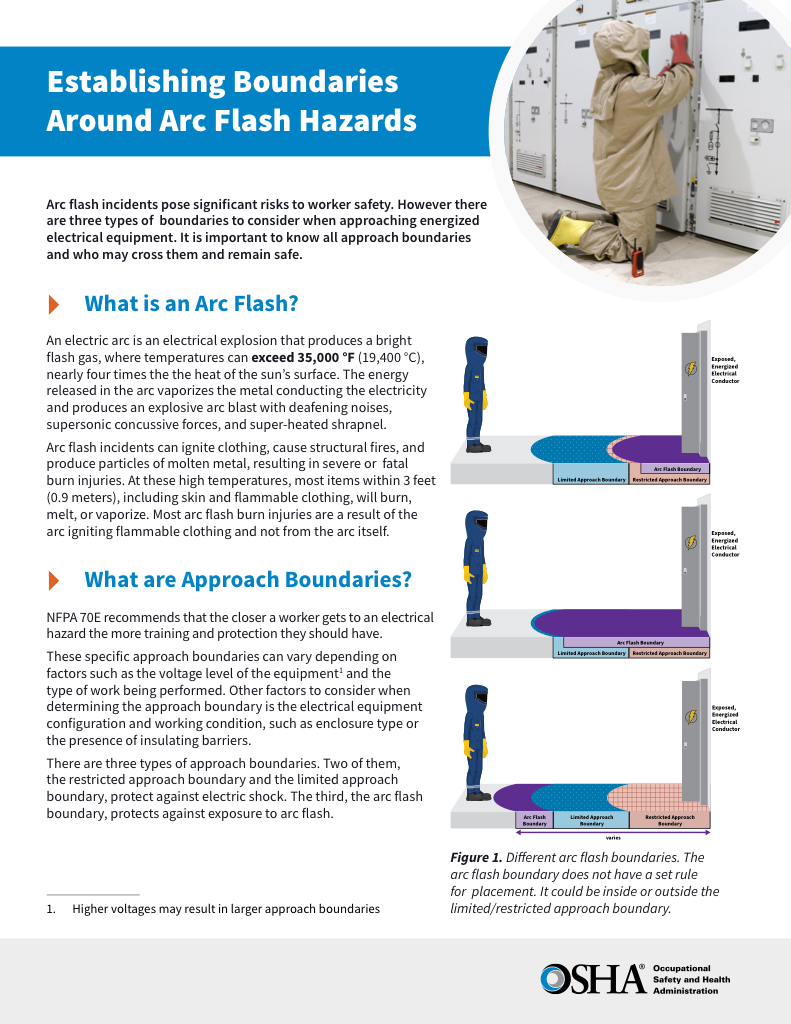Can energy storage technology work with all fuel sources?
By R.W. Hurst, Editor

Battery Energy Storage Testing and Maintenance for Solar PV Systems
Our customized live online or in‑person group training can be delivered to your staff at your location.

- Live Online
- 12 hours Instructor-led
- Group Training Available
Download Our OSHA 4474 Fact Sheet – Establishing Boundaries Around Arc Flash Hazards

- Understand the difference between arc flash and electric shock boundaries
- Learn who may cross each boundary and under what conditions
- Apply voltage-based rules for safer approach distances
Energy storage fuel sources span batteries, hydrogen, supercapacitors, flywheels, and pumped hydro, enabling renewable integration, grid stability, load shifting, and high power density for electrical systems, peak shaving, microgrids, and ancillary services.
What Are Energy Storage Fuel Sources?
Media and technologies that store electrical energy via chemical, mechanical, or thermal carriers for grid use.
✅ Include electrochemical (Li-ion, flow), mechanical, chemical, thermal.
✅ Enable peak shaving, frequency regulation, and black start.
✅ Key metrics: energy density, power density, round-trip efficiency.
Can energy storage technology work with all fuel sources?
For readers new to the topic, the basics of what energy storage is provide helpful context for evaluating how it pairs with different fuels.
Energy storage technology can work with many different fuel sources, both renewable and non-renewable. Understanding why we need energy storage clarifies its role across both renewable and conventional systems.
For renewable sources such as wind and solar, energy storage is essential, as these energy sources are subject to natural fluctuations in supply. By storing energy generated during periods of high supply and releasing it during periods of high demand, energy storage systems can help to improve the reliability and stability of the electrical power grid. These benefits are central to how storage supports the grid during variable renewable output.
Long-duration approaches such as seasonal storage are discussed in resources on long-term energy storage for balancing multi-day or multi-week mismatches.
Energy storage can also work with non-renewable sources such as natural gas and coal. In these cases, energy storage can provide backup power or smooth out fluctuations in demand, helping to reduce the need for peaker plants, which are typically used to meet peak demand. In fossil-based applications, adopting a hybrid energy storage system can combine rapid response with longer-duration reserves to reduce starts and ramping stress.
Sign Up for Electricity Forum’s Energy Storage Newsletter
Stay informed with our FREE Energy Storage Newsletter — get the latest news, breakthrough technologies, and expert insights, delivered straight to your inbox.
Different types of energy storage systems are better suited to other fuel sources. For example, lithium-ion batteries are a popular choice for energy storage in combination with renewable energy sources such as wind and solar. Flow batteries are another option well-suited to the storage of renewable energy. In contrast, compressed air energy storage can be combined with renewable and non-renewable sources. For high-cycle grid services and power quality, flywheel energy storage offers durable, high-power buffering over short intervals.
Overall, energy storage technology can work with many different fuel sources, and the choice of storage technology will depend on a variety of factors, including the specific energy source being used, the amount of energy being stored, and the application for which the stored energy is being used. As renewable energy sources continue to play an increasingly important role in the energy mix, the need for energy storage systems to support their integration into the electrical power grid will only grow. These dynamics underscore why energy storage is important to building resilient, low-carbon power systems.




